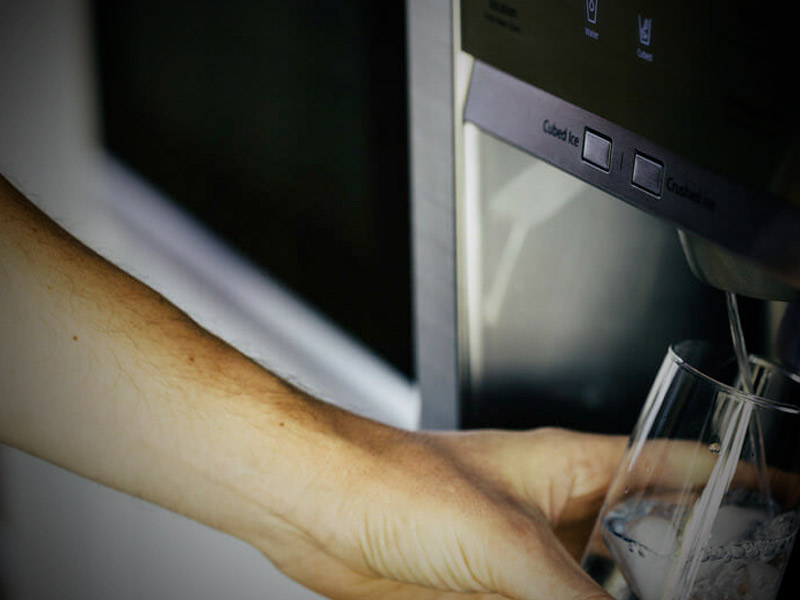Water is the essence of life, and staying hydrated is essential for our overall well-being. Many people prefer to keep a pitcher of water in the refrigerator for convenience and the illusion of cold, refreshing hydration. However, contrary to popular belief, drinking water directly from the refrigerator may not be the best option for our health. In this article, we will explore the hidden risks associated with drinking water from the refrigerator and why it is better to adopt alternative methods for consuming clean and safe water.
- Potential Contamination
One of the main reasons to avoid drinking water directly from the refrigerator is the potential for contamination. Refrigerator water dispensers and ice makers often harbor bacteria, mold, and other harmful microorganisms. This is because the water reservoirs and tubes in the refrigerator provide a damp, dark environment that fosters bacterial growth. Additionally, infrequent cleaning and maintenance of these components can exacerbate the issue, leading to health hazards for those who consume the water.
- Inadequate Filtration
Refrigerator water filters are typically not as effective as dedicated water filtration systems. These built-in filters may remove some impurities but often fail to eliminate all contaminants, such as heavy metals, chlorine, pesticides, and pharmaceutical residues. As a result, the water from the refrigerator might not be as pure as we believe it to be, potentially affecting its taste and safety.
- Plastic Leaching
Many refrigerator water dispensers use plastic water reservoirs and tubing to store and transport the water. Over time, plastic components can leach harmful chemicals, such as bisphenol A (BPA), into the water. BPA is a synthetic compound found in plastics that have been linked to various health issues, including hormonal imbalances and potential carcinogenic effects. Consuming water contaminated with these chemicals can be detrimental to our long-term health.
- Temperature Fluctuations
Refrigerators are designed to keep food and beverages cool, but they are not ideal for maintaining a consistently cold temperature for water. Frequent opening and closing of the refrigerator door, as well as fluctuations in ambient temperature, can cause the water inside to vary in temperature. Drinking extremely cold water can shock the digestive system and may lead to discomfort, particularly for individuals with sensitive stomachs.
- Lacking Essential Minerals
Water stored in the refrigerator may lose essential minerals over time due to exposure to light and air. These minerals, such as calcium, magnesium, and potassium, are crucial for our health and well-being. Regular tap water usually contains these essential minerals, but they can diminish over time in refrigerated water, resulting in a less nutritious beverage.
Conclusion
While the refrigerator seems like a convenient source of cold water, it is crucial to be aware of the hidden risks associated with this method of water consumption. From potential contamination and inadequate filtration to plastic leaching and loss of essential minerals, the drawbacks outweigh the convenience. To ensure the healthiest and safest drinking water, it is recommended to invest in a reliable water filtration system or use other alternatives like filtered tap water or bottled water from reputable sources.
Regularly maintaining and cleaning the water reservoir and filters in your refrigerator can help mitigate some of the risks. However, for those who prioritize their health, investing in a dedicated water filtration system or relying on other sources of clean drinking water remains the best approach. By being conscious of the water we consume, we can take a significant step towards safeguarding our health and well-being.







